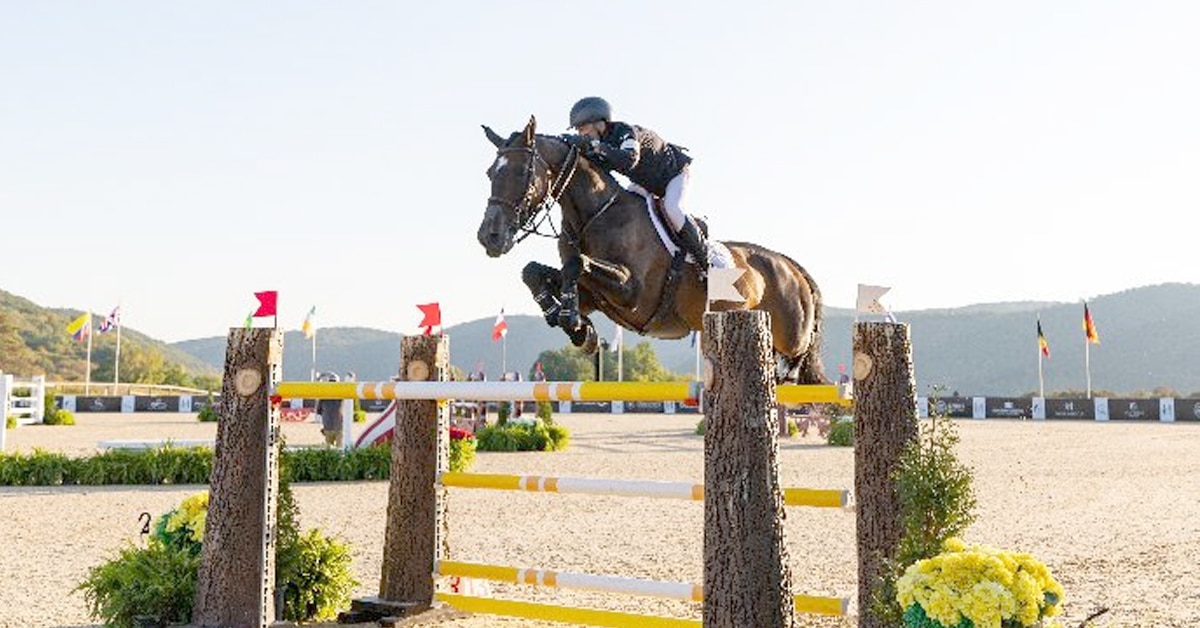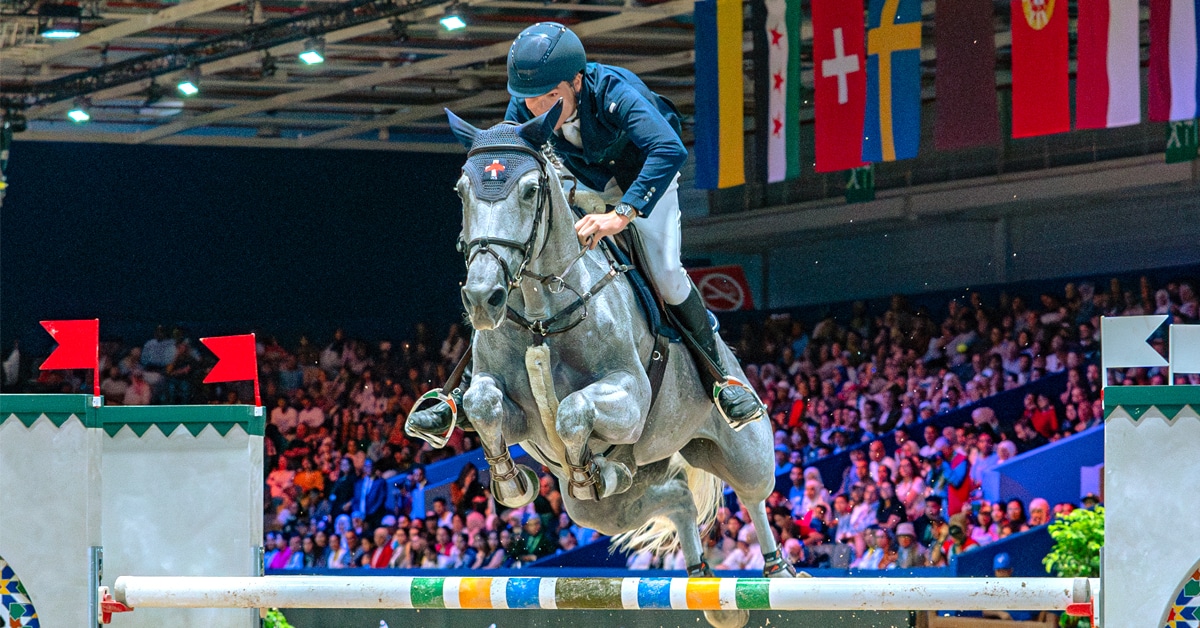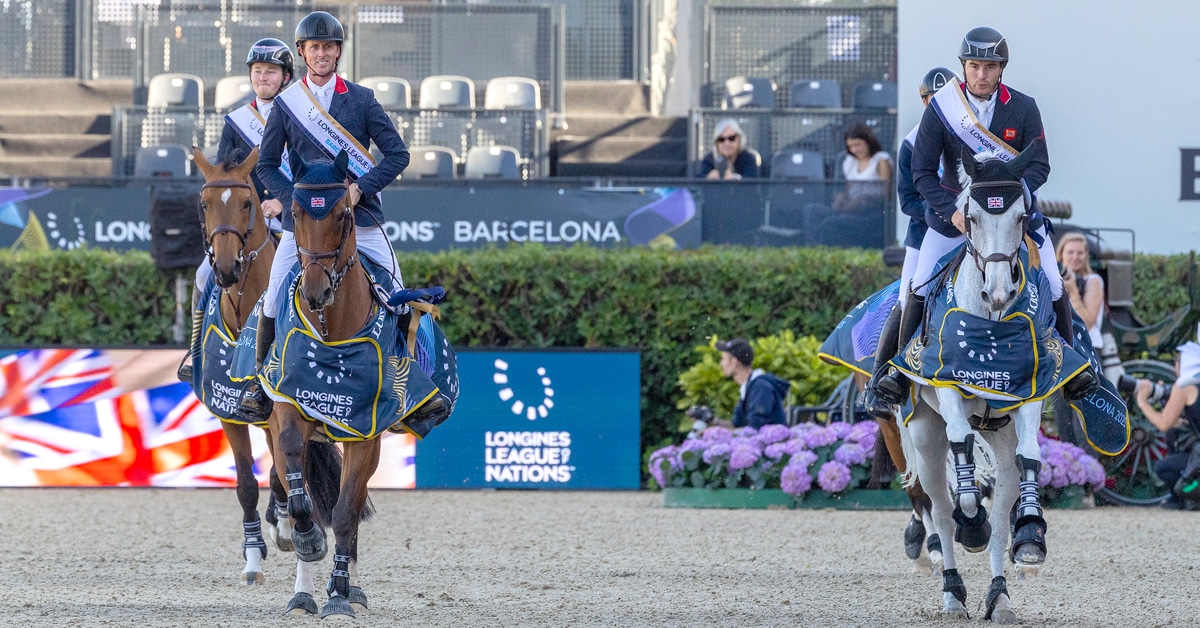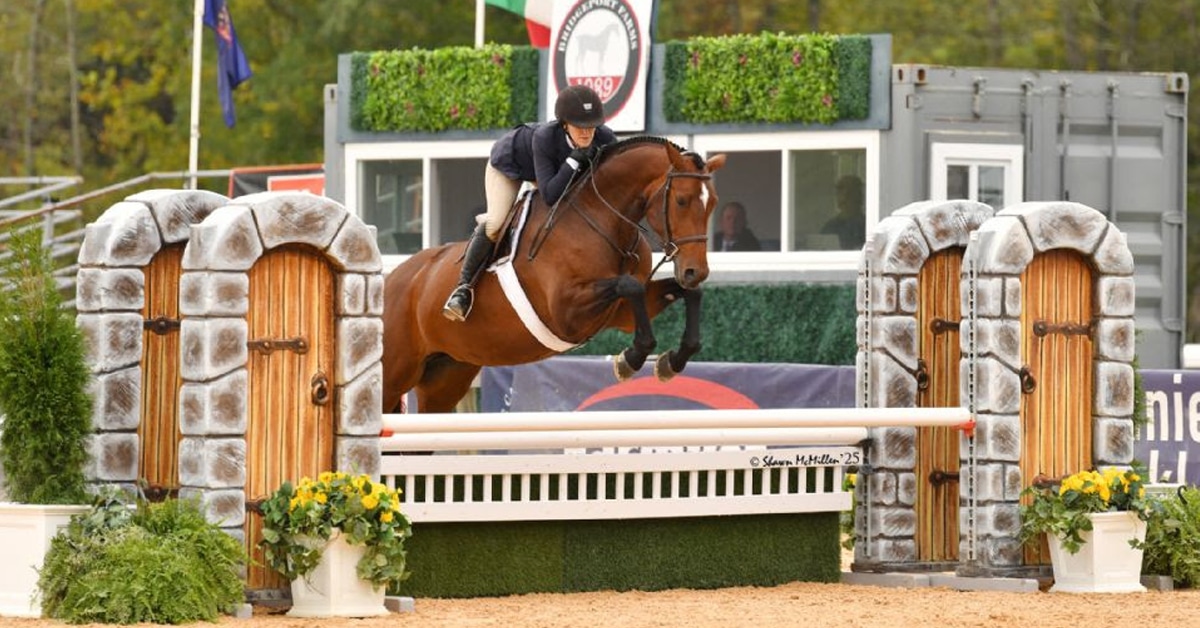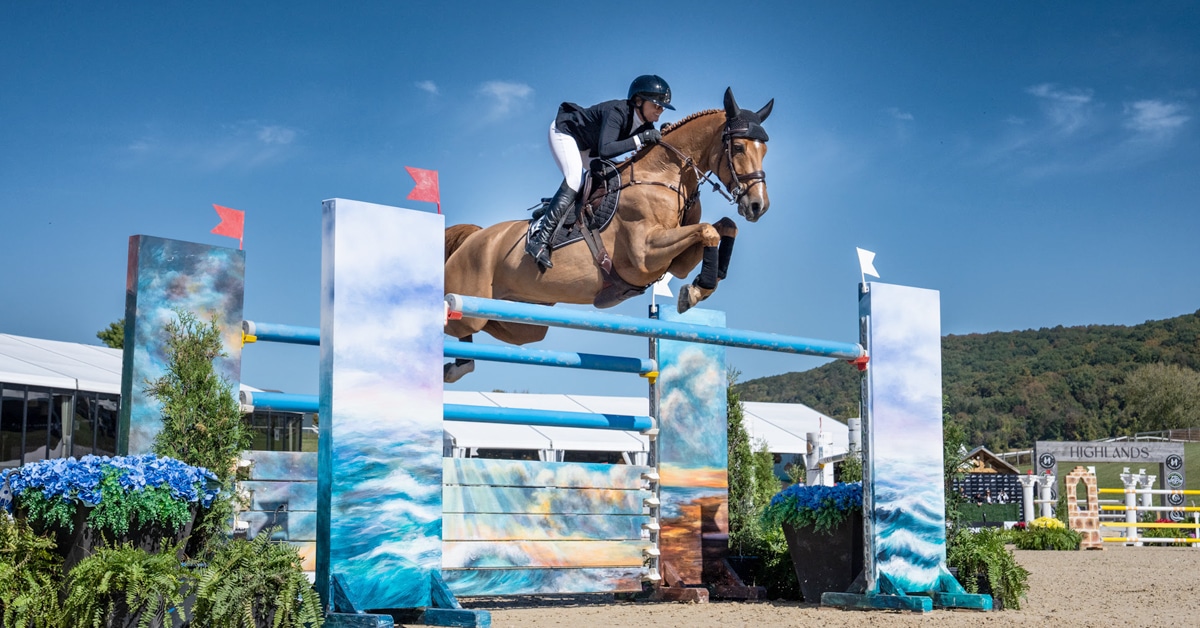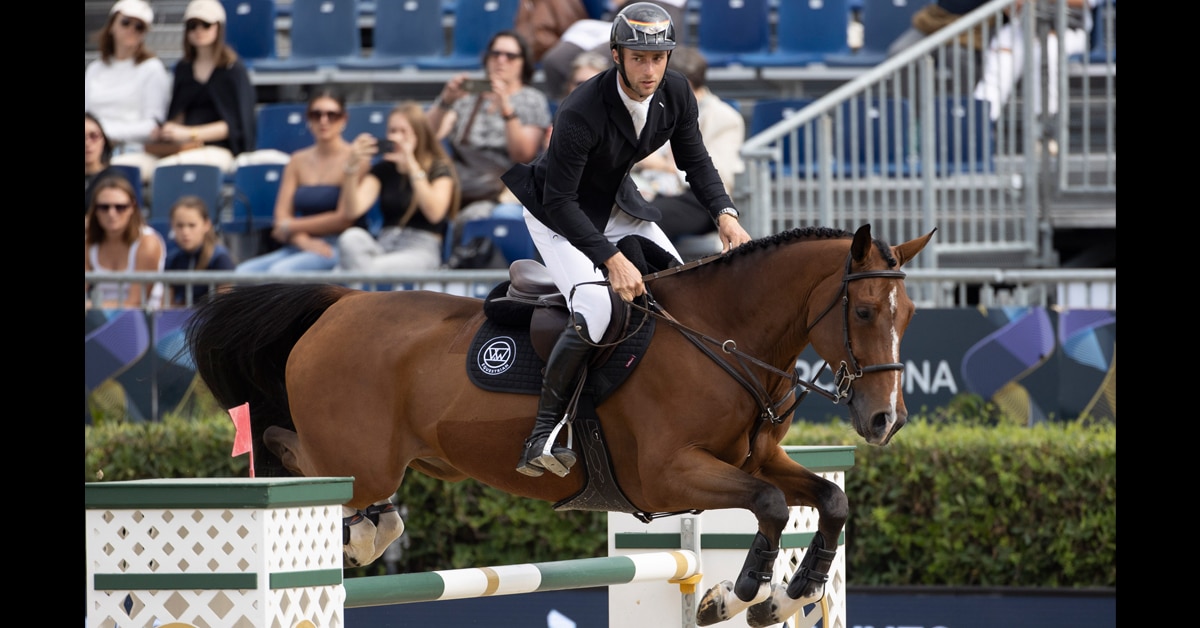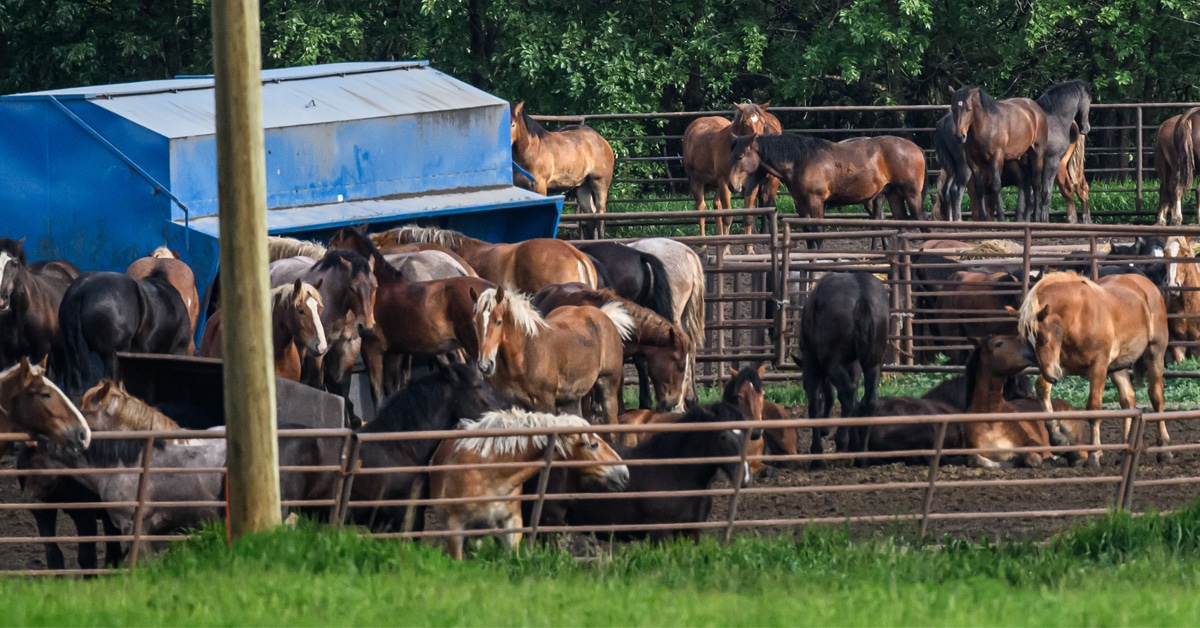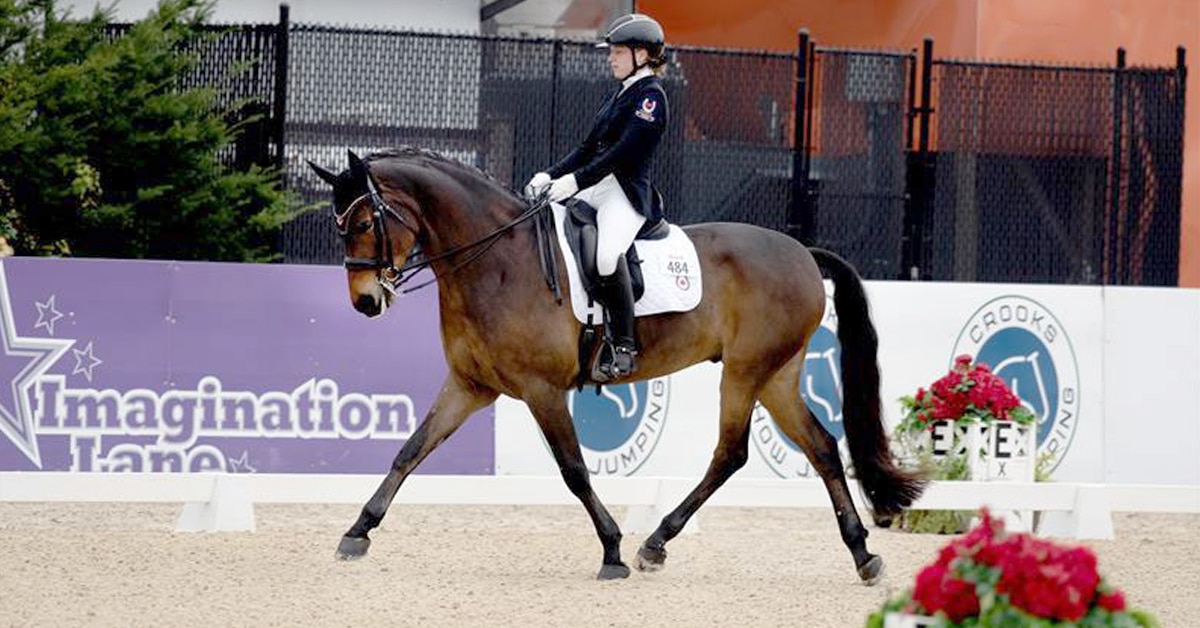 Most people tailor their activity level to their age, each decade inviting a re-assessment of energy-levels, ability and ambition. But not Hiroshi Hoketsu. At 67, and 44 years after he finished in individual 40th place at the Tokyo Olympic Games, the Japanese horseman is going to give it another shot. Sure why not…..
Most people tailor their activity level to their age, each decade inviting a re-assessment of energy-levels, ability and ambition. But not Hiroshi Hoketsu. At 67, and 44 years after he finished in individual 40th place at the Tokyo Olympic Games, the Japanese horseman is going to give it another shot. Sure why not…..
There is a difference this time around however. Instead of show jumping, Hoketsu will be competing as a member of his country’s dressage team. A recent press release revealed that he will be taking part in “the less physically demanding events” but, as anyone who understands the fitness requirements of a dressage rider will tell you, this extraordinary man from Japan has had to endure a punishing training schedule to make the cut – and he has done it in style.
Due to the outbreak of equine influenza in Australia, the Asia-Pacific Olympic Dressage Team Qualifier was left in something of a hiatus but an alternative solution was agreed by which the three nations affected – Australia, Japan and New Zealand – would instead undergo assessment by a high-profile Ground Jury. Sydney was the venue for the Australians, Palmerston North for the New Zealanders and Les-Arcs-sur-Argens, near Cannes in France, was chosen for the Japanese contingent.
Hiroshi Hoketsu recorded an excellent score of 66.917% with his horse Whisper, a mark matched only by Brett Parbery and Victory Salute from the winning Australian side whose joint score was 196.167%. The Japanese finished a close second with a total of 194.792% and this was good enough to book their tickets to Hong Kong.
The story of Hoketsu’s equestrian endeavours is a combination of determination and good fortune. Born in Tokyo, he learned to ride at the elite Tokyo Riding Club and earned a spot on the 1964 Olympic show jumping team having shown some early talent. After his 40th-place finish he decided to seek another line of employment however and, following a graduate degree in Economics at Duke University in the USA he worked with the pharmaceutical company Hoffmann La Roche before becoming Manager of the Tokyo subsidiary of Johnson & Johnson, a job he held for some years.
It was his wife, Motoko, who introduced Hoketsu to the charms of the dressage arena having enjoyed watching the sport herself in Europe. Fascinated by the detail and precision of the sport, the man who is a self-professed perfectionist began to ride again in the mornings before going to work and, arriving home from trips abroad, would rush straight to the stables to polish up his technique. His efforts earned him a spot at the Seoul Olympic Games in 1988 when he was 47 years of age, but his dream fell apart when his horse unexpectedly failed quarantine tests due to a respiratory problem. So he decided he would just concentrate on competing at home in Japan where he won five national championships in a row between 1988 and 1992.
The dream of returning to the Olympic spotlight had never gone away however and, following his retirement from Johnson & Johnson in 2003, Hoketsu flew to Aachen, Germany to meet dressage trainer Ton de Ridder. Under Mr de Ridder’s tutelage he qualified for the FEI World Equestrian Games in 2006 only to be disappointed again when his horse, Calando, was unsound but Hoketsu would still not admit defeat. And then Whisper, the chestnut horse with an unusual taste for bananas, came into his life. They gelled into a great partnership and in France last January they showed their Olympic potential before some of the most critical eyes in the sport. The Ground Jury panel at the assessment included O-status judges Mariette Wighages, Mary Seefried, Minako Furuoka and Dieter Schule along with international judge Jan Bird. Mr Schule commented on Hiroshi’s performance saying he showed “good impulsion and his extensions went very well as did the passage” – high praise from a discerning expert.
Ton de Ridder said afterwards – “Hoketsu has been fighting for this dream for the last five years and his perseverance and attitude are admirable. While experiencing successes and disasters, like having his horse Calando not sound at the 2006 World Equestrian Games, he stuck to his dream. He found a new horse, kept on believing in our training and discipline and now he has succeeded. I am very happy for him. It also proves that new things are possible in dressage, at any age – even at 67!”.
Although early records are a little sketchy it seems that Swedish shooter, Oscar Swahn, holds the record as the the oldest competitor ever to win an Olympic gold medal when doing so at the London Games in 1908 aged 60, although he was still sharp enough to take bronze again at the age of 72 in Antwerp 12 years later. The oldest equestrian competitor is believed to have been British dressage rider Lorna Johnstone. Born on 4 September 1902 she enjoyed a very long career indeed, competing at the Olympic Games in Melbourne in 1956, in Mexico in 1968 and, at the ripe age of 70, in Munich in 1972 where she was uncharitably called “The Galloping Granny”.
Age does not have to be a barrier to ambition, even in Olympic sport it seems. German dressage genius Reiner Klimke proved the point when winning gold in his 52nd year and although Hiroshi Hoketsu will ride down the centre line at Sha Tin stadium in Hong Kong this August with another 15 years to his credit he can rest assured that, one way or another, he and Whisper have already earned their place in the equestrian Olympic record books.
It was George Bernard Shaw who said “we don’t stop playing because we grow old; we grow old because we stop playing!”
By Louise Parkes
More News
